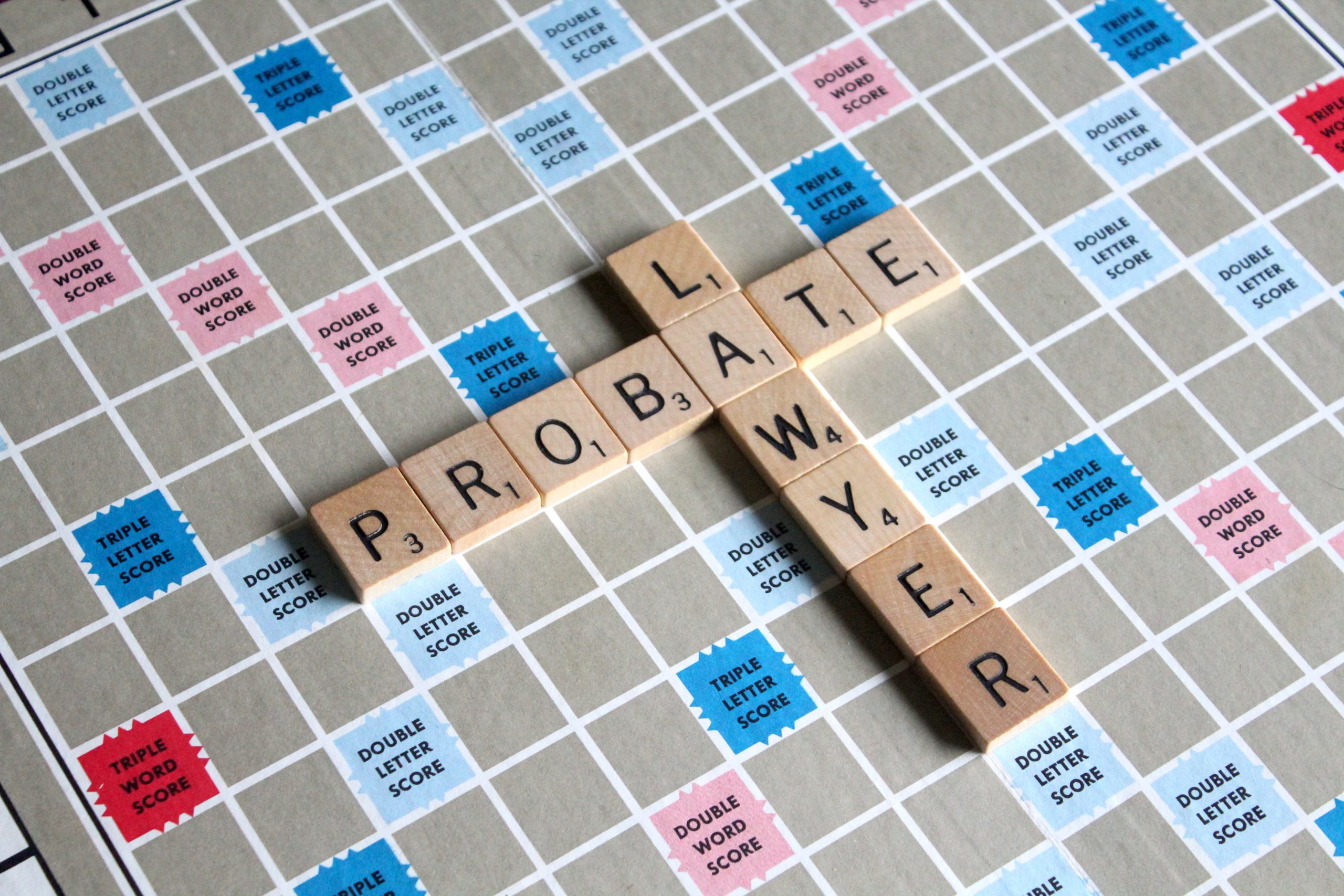
The purpose of drafting a will prior to your death is to ensure that the assets, properties etc. of the testator (the person who writes the will) are transferred to the person/persons of their choosing in full accordance with the law. This can be a family member such as a spouse or child, or perhaps even a close friend.
Despite the above being relatively straightforward, there nevertheless exists the potential for problems to arise once you die and the contents of your will are disputed if the proper precautions are not taken.
Common Causes and/or Disputes about Wills
When drafting a will, it is vital that you consider some of the common causes that give way to disputes or disagreements surrounding the content of the document.
These can include:
- A gift/possession that is not clearly defined in the will, or if the definition does not match the description of the gift/possession in question
- If the gift/possession has been lost, stolen, or no longer exists at the time of your death
- Confusion surrounding the identity of the person to whom you intend for the gift/possession/estate to be passed to after you die (for example, if two people close to you share the same name)
How are will disputes resolved?
As you can see from the scenarios listed above, if you do not include very specific stipulations/information in the drafted will, the potential for disputes to emerge is a distinct possibility.
In the event that such specifications have not been provided, will disputes will be settled in court.
The last wishes of the testator will be examined by the court, with words and phrases given their ordinary meaning unless technical language is used. In this instance, it will be assumed that the testator meant for the words to be taken in their technical meaning.
Further evidence may be presented, such as letters/notes external to the will, in order to provide the court with a more comprehensive understanding of the testator’s intentions and to uncover their true intentions prior to their passing.
How can I avoid my will being disputed after I die?
While drafting a will is ordinarily an uncomplicated process, the issue of disputes around the will once the testator has died can cause unnecessary hardship and undue stress for all parties involved.
For this reason, it is imperative that wills are drawn up using plain, simple language that is not open to interpretation or ambiguity. It is advised that statements that could have more than one meaning be avoided wherever possible, lest you wish to create needless complications surrounding the ownership of your estate after you pass.
Contact a Solicitor
To ensure that this is not the outcome, it is strongly recommended that you employ the services of an experienced solicitor to establish that your will is legally valid, devoid of any mistakes that could potentially invalidate its content, as well as to determine that the document is free of any uncertainty or vagueness.
*In contentious business, a solicitor may not calculate fees or other charges as a percentage or proportion of any award or settlement.*



